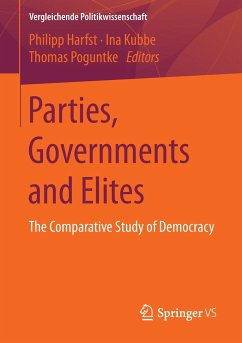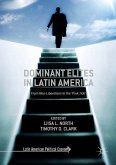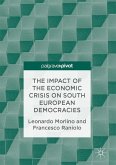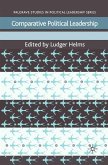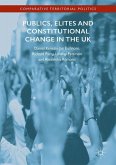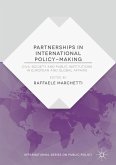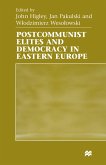Parties, governments and elites are at the core of the study of democracy. The traditional view is that parties as collective actors play a paramount role in the democratic process. However, this classical perspective has been challenged by political actors, observers of modern democracy as well as political scientists. Modern political parties assume different roles, contemporary leaders can more heavily influence politics, governments face new constraints and new collective bodies continue to form, propose new ways of participation and policy making, and attract citizens and activists. In the light of these observations, the comparative study of democracy faces a number of important and still largely unsolved questions that the present volume will address.
Bitte wählen Sie Ihr Anliegen aus.
Rechnungen
Retourenschein anfordern
Bestellstatus
Storno

